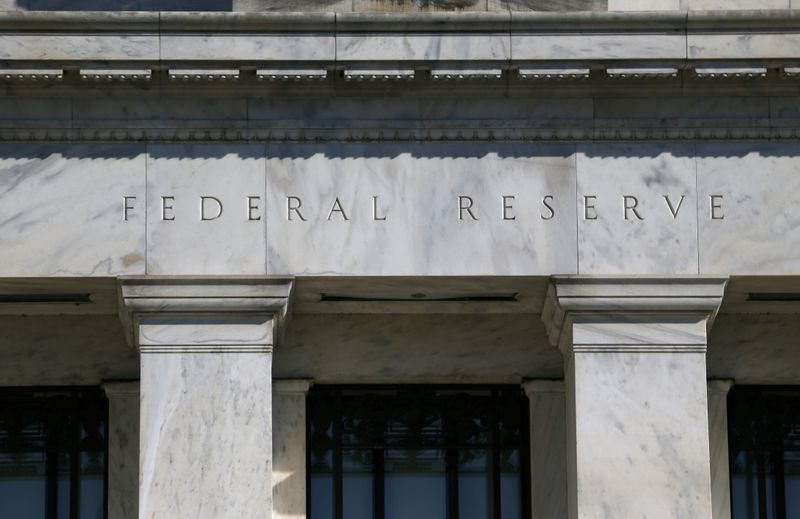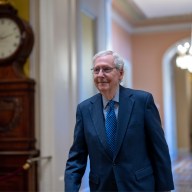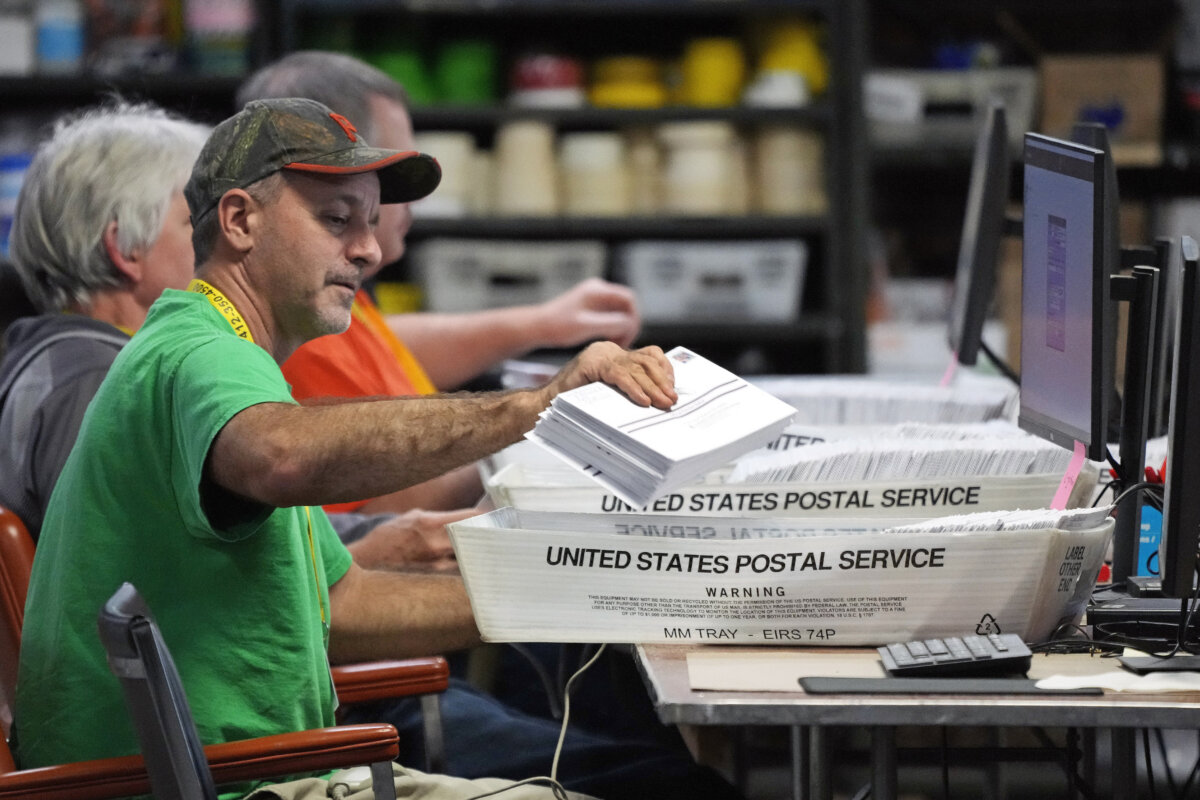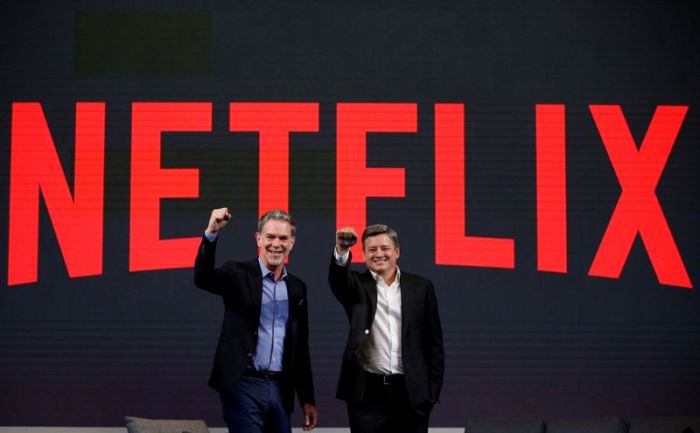(Reuters) – The U.S. Federal Reserve on Friday opened its “Main Street” loan program to nonprofits, allowing education, health, social service and other groups with as few as 10 employees to tap central bank funding.
The announcement extends the Fed’s pandemic safety net to a new sector of the economy, one that may face unique financial struggles given the likely dip in charitable donations during the health crisis, and the possible blow to things like school enrollment and participation in youth sports leagues.
The Fed estimated that the thousands of non-profits eligible for loans, from hospitals and colleges to small community groups, account for about 10% of U.S. jobs, or roughly 13 million people.
Final loan documents are still being developed, but the terms announced Friday were broadened significantly from an initial proposal in mid-June. Along with lowering the employee threshold from 50 workers, the Fed will allow non-profits to get more of their revenue from donations as opposed to service fees, and to operate on slimmer margins.
Institutions with endowments greater than $3 billion are not eligible.
“We have listened carefully and adapted our approach so that we can best support them in carrying out their vital mission,” Federal Reserve Chair Jerome Powell said in a statement.
The $600 billion Main Street program was announced in March to get credit beyond the financial firms the Fed usually works with and into the “real” economy during the coronavirus crisis.
The first loans were only disbursed in the last week, and have so far totaled just $12 million. Critics say the five-year loans are not on liberal enough terms to help struggling companies, and are not needed by healthy ones.
Non-profits and their advocates pushed hard for inclusion. They are largely subject to the same terms as companies. Interest will be charged at 3 percentage points over a reference rate, and the loans must be made by a participating bank willing to keep 5% on its own books.
(Reporting by Howard Schneider; Editing by Chizu Nomiyama and Jonathan Oatis)



















